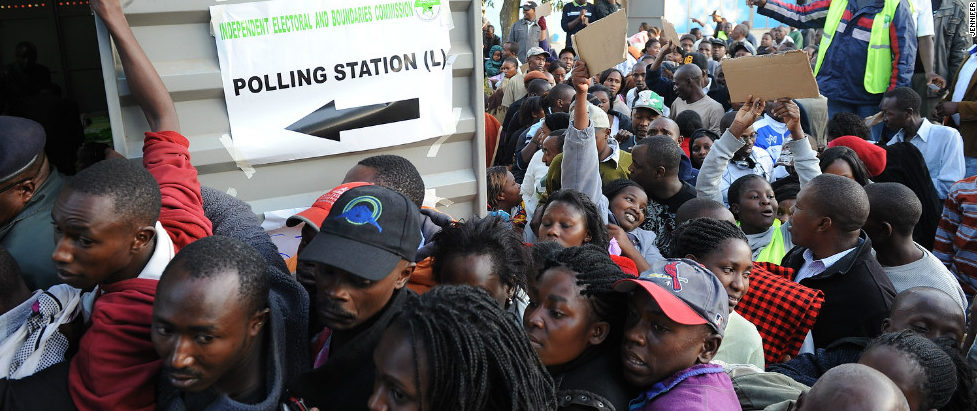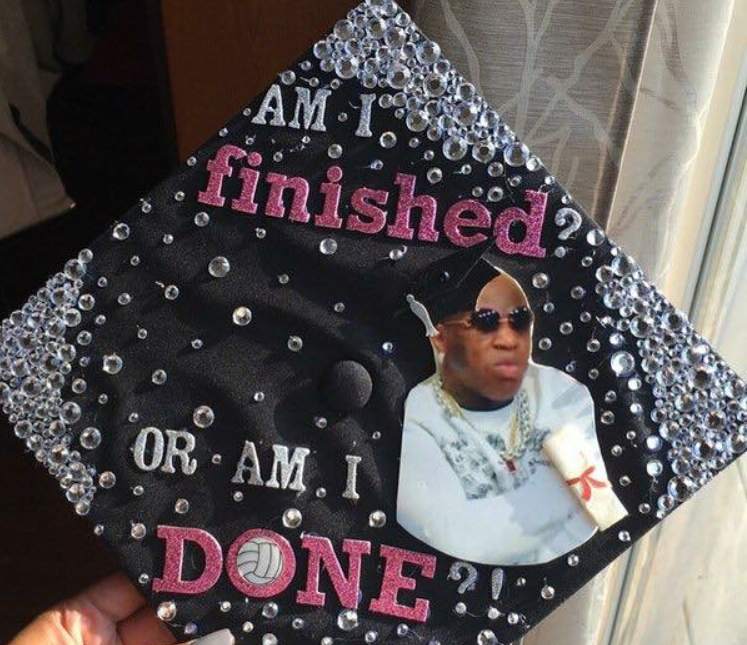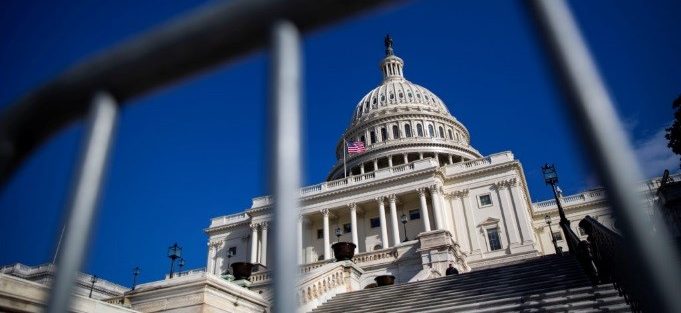What Africa must learn from the recent Kenyan Presidential Election…
2017 has been a roller coaster year for Kenya politically, as with any election year in the country, Kenyans were excited and cautious both in…
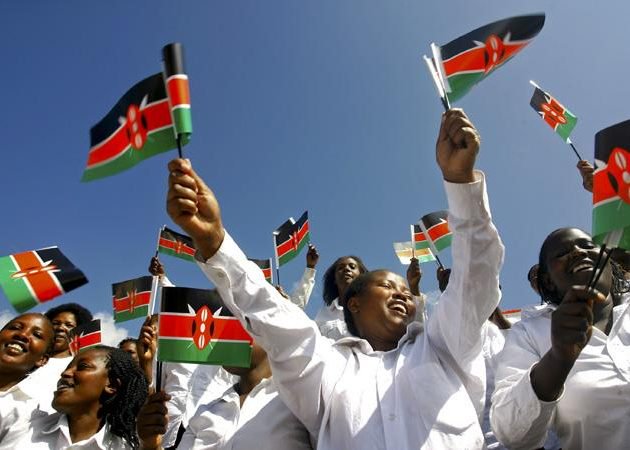
2017 has been a roller coaster year for Kenya politically, as with any election year in the country, Kenyans were excited and cautious both in equal measure. The memories of the 2007 elections which nearly led to near civil war still lingering. The same protagonists from the election of 2013 went head to head for the second time running. It was Raila Odinga of the National Super Alliance (NASA) against the incumbent, Uhuru Kenyatta of the Jubilee Party; both representing two of the oldest political dynasties in Kenya.
As with any election, pomp and celebration were characterized as both candidates traversed the country in search of votes. As August 8 drew near the stage was set for the biggest election in Kenyan history. Following days of tallying and collating, all Kenyans’ eyes were glued to TV screens as they observed the numbers adding up, with everything reaching its culmination on August 11 when the incumbent was declared the winner with 54.17% of votes cast.
As with the 2013 poll, Mr. Odinga and his party contested the results at the Supreme Court. These court proceedings, like the election, caught the imagination of the nation. Legal arguments and jargon were exchanged between the brightest legal minds in the country. On September 1 2017, history was made as Kenya became only the fourth country (and first African country) to have presidential election results annulled, joining the Ukraine, the Maldives and Austria. This followed a vote of 5 against 2 for nullification of the results. A majority of the Supreme Court justices indicated their dissatisfaction with the election process.
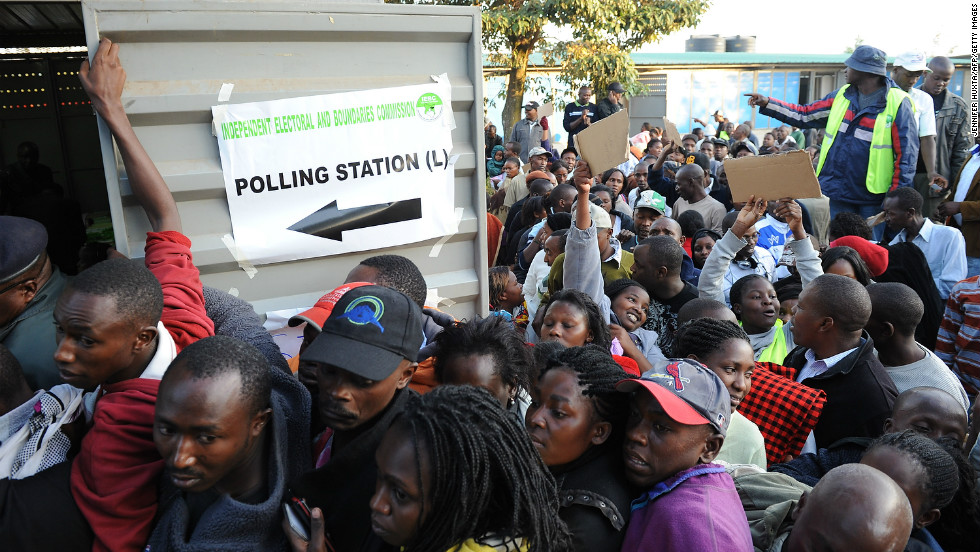
A repeat election was ordered to be held within 60 days following the court ruling. Kenya’s Electoral Commission (the IEBC), later set a date of October 26 and more drama ensued as Mr. Odinga withdrew from the election, citing concerns about the preparedness for the repeat poll. On repeat Election Day, spats of violence were observed as supporters of Mr. Odinga engaged in confrontations with security forces, sparking divergent opinions from either side of the political divide.
With things put into context, below are some of the key takeaways following this dramatic election:
- Africa has hope of achieving strong institutions.
The Supreme Court of Kenya showed this following nullification of the August 8th presidential poll. Conversation emerged regarding the importance of strong institutions, particularly in Africa. In years past, it was deemed treasonous to go against the will of the presiding regime. It is my hope that other African countries can follow suit and establish truly independent and strong institutions, which are crucial for establishing a good environment for political and socio-economic growth. Africa faces numerous challenges, many of which are exacerbated by weak institutions that allow state resources to be squandered in corrupt dealings. Strong institutions help to stymie corruption, thereby redirecting resources to their rightful purpose.
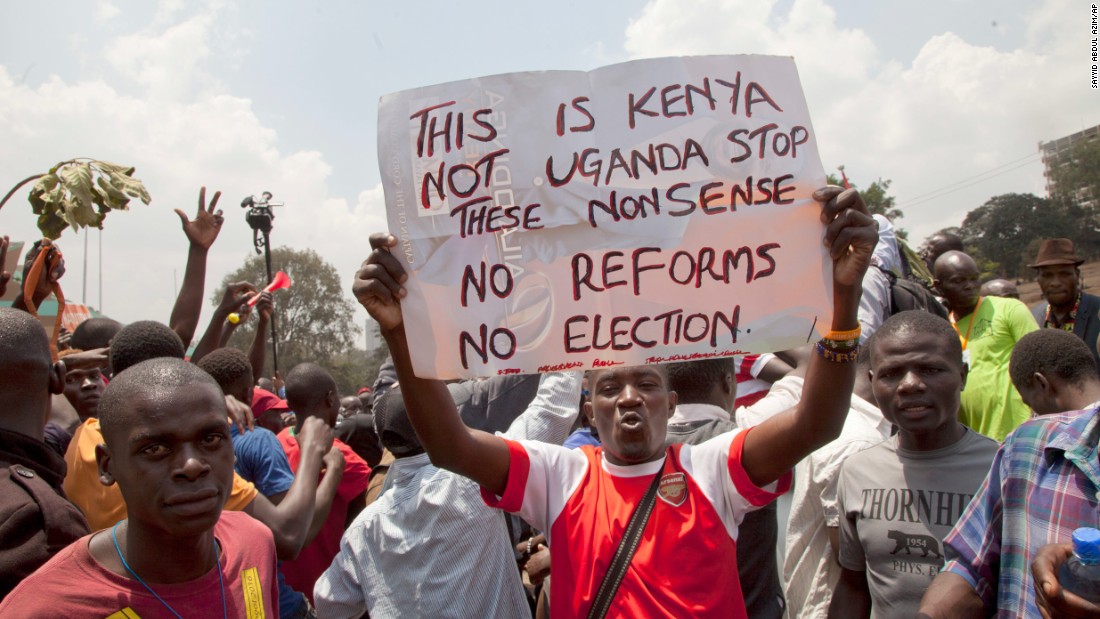
- The African electorate needs have full independence of thought.
What do I mean by this? Well, in Africa and Kenya specifically, a vast majority of voters are wrongly influenced by their political leaders, who are only interested in personal gain. In addition to this, in Kenya, a vast majority of voters make decisions based on tribal allegiance. To provide some context, Kenya is made up of over 40 different ethnic communities, each with its own language and culture). The 4 biggest tribes (in order of size) are the Kikuyu (Mr. Kenyatta’s tribe), the Luhya (mostly affiliated with Mr. Odinga), the Luo (Mr. Odinga’s tribe) and the Kalenjin (mostly affiliated with Mr. Kenyatta). This diversity is a wonderful thing. However in the political sphere, Kenyans are largely enclosed in their own ethnic enclaves and so, it is common to see bad leadership coming to the fore as a result of biased voting.
My challenge to my fellow Africans is to switch from basing their vote on ethnicity to basing it on the actual character of the candidates. I would like to see the day when a Kikuyu would vote for a Luo (and vice versa) purely as a result of the candidates’ character and leadership qualities. So going forward, it is crucial for the electorate to be truly independent in their assessment of their candidates. This however is difficult in practice as politicians often seek to exploit the poorest citizens, who make up a majority of the population. It therefore becomes a vicious cycle. All hope is not lost though; with the strong institutions mentioned earlier, the situation is likely to improve.
- Politics are crucial in the running of a country, but there are more important things.
During the electioneering period, Kenya endured an economic downturn. The Nairobi Securities Exchange (NSE) experienced an immediate downturn within minutes of the ruling as investors flocked to the market to sell off their investments. “The NSE 20 share index declined by more than 5 percent triggering a shut down between 12:30pm and 1:00pm…,” a spokesman at the NSE said on September 1. This was indicative of perceptions of the Kenyan market as investors adopted a ‘wait and see’ strategy given uncertainty brought about by the elections.
In developed economies, an election is just one more event that runs seamlessly with other activities of the day. In Kenya and Africa in general, elections are a different affair. The day is usually declared a holiday and security is largely reinforced in anticipation of any eruptions of violence. It is important for citizens to engage in their country’s political process as it is this participation that influences the direction the country will ultimately take. However, if this participation leads to destruction and loss of life and property, then it becomes a case of taking one step forward but two steps back.
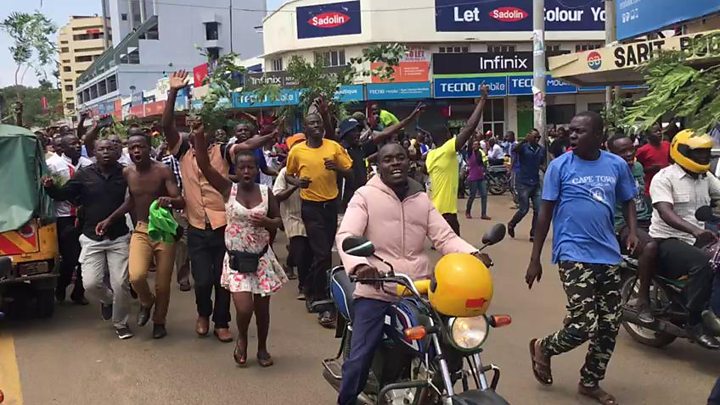
It is possible to disagree peacefully.
A democratic process implies that there are at least two differing competitors. These differences in ideology should not translate to personal animosity, which had been rampant on the Kenyan political scene in the lead up to the election. It is also very unfortunate that it was the political leaders that were fueling such animosity. This is therefore a call to political leaders to be more responsible and be true examples to the larger population. If one side is aggrieved, they should seek more civil avenues to iron out their disagreement. The Supreme Court petition is a perfect example of this.
With these major points in mind, I would like to reiterate that Africa faces more fundamental problems such as food security, corruption, poverty and disease. These problems cannot be solved with finality if African countries are constantly embroiled in political processes. A large proportion of Africans are low income earners. Also, about 60% of 1.2 billion Africans are below the age of 25. This calls for very important questions, which can easily be solved by having true and upright leaders who can steer the continent towards a brighter future for everyone. These leaders will have a better chance if democratic processes are truly fair and transparent. Above this, these leaders will only be given a chance if they are supported and voted for by the general population.
Therefore this is a call to every individual African to be truly independent of any influence from unscrupulous leaders. Each individual African should also have a genuine interest in the overall well-being of their country (and continent) and not their personal wellbeing. True change starts at the individual level and then propagates to the entire society. True patriots also need to step up and take up the mantle of leadership. This change starts with you!
Images are via CNN.COM & the BBC
Disclaimer: The views, opinions and positions expressed by the authors and those providing comments, opinions on this website are theirs alone, and do not necessarily reflect the views, opinions or positions of M-Lifestyle and their affiliates. M-Lifestyle does not claim ownership of any images used, unless otherwise specified.
![]()
